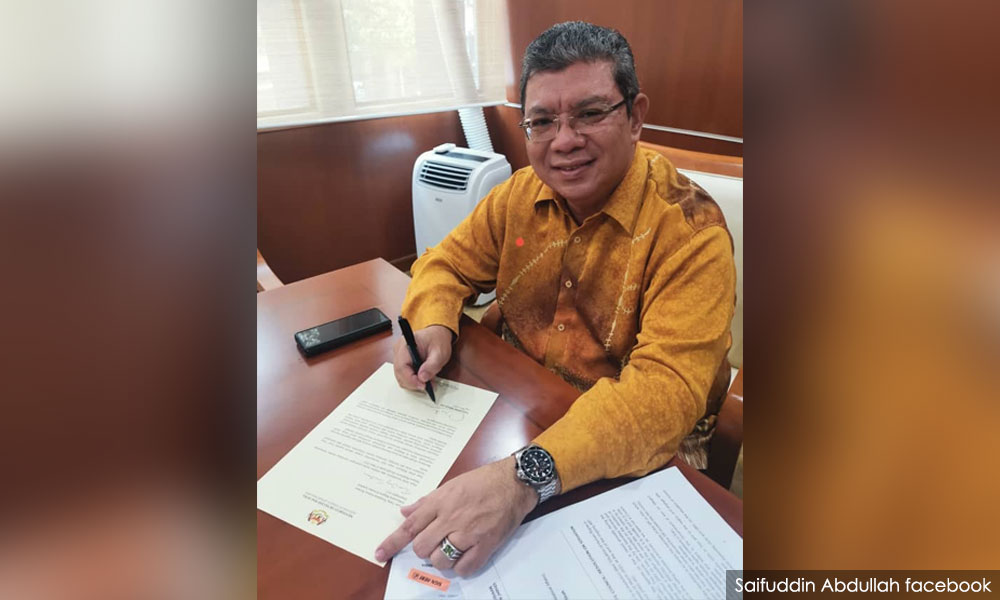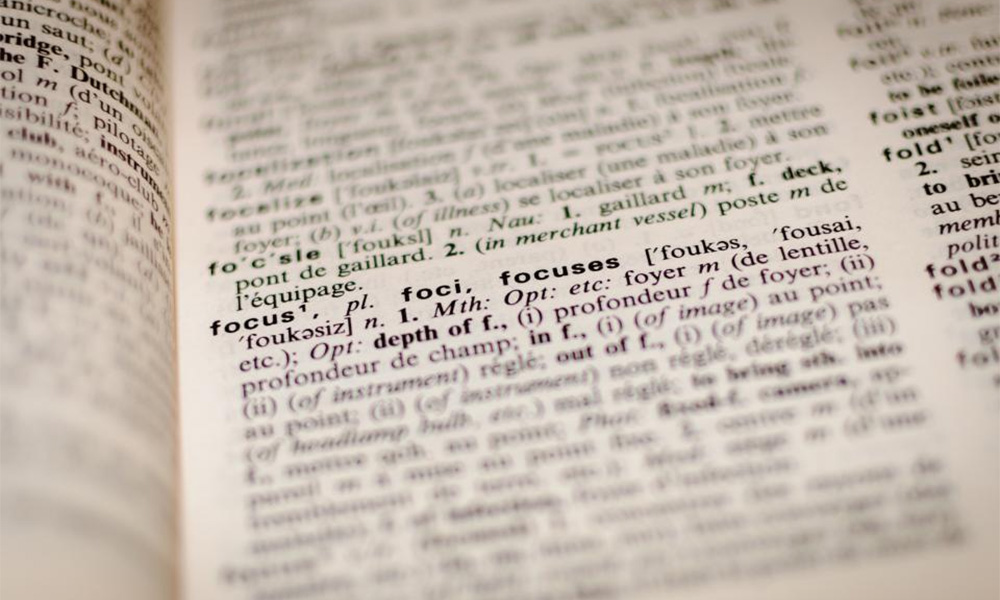We have long diluted the Queen’s English with local expressions. We habitually reduce complexities to a “-lah” and “-meh” one-liner. “Like this one, meh? Die lah like this.” That’s our quirky English - mangled and mashed, compressed and conjoined.
Our equivalent is ‘Singlish’. It was elevated to social acceptability with Under One Roof in the mid-90s, and to a lesser extent, Phua Chu Kang. The sitcoms were so popular that it worried the government ‘Singlish’ would subvert Singapore’s image as an urbane English-speaking city.
Right or wrong, Singlish or Manglish?
Point is, we naturally communicate, socially, in a language we’re comfortable with. Singlish is as easy on the tongue as Manglish is on the ears – both recognised fields of linguistic studies.
Manglish is part of what makes us sound and feel Malaysian. That’s our sociolect. But, how we communicate determines our socioeconomic location and political grid. This is where Manglish should give way to formal English - the default language of higher learning.
Engish proficiency
How are we placed on the scale of English proficiency? Not good at all. Ironically, Muhyiddin Yassin even admitted it. Rafidah Aziz and Dr Mahathir Mohamad had said it too.
But the current prime minister did a U-turn: downgrade English and elevate Bahasa Malaysia (BM) as one of the languages of international relations and higher learning. (Ironically, the language nationalists still refer to Umno by its English acronym instead of its original Malay name Pekembar for Pertubuhan Kebangsaan Melayu Bersatu).

Foreign Minister Saifuddin Abdullah, a fluent English speaker, toed the PM’s line. Recently, he wrote a letter in BM to the US secretary of state, and was proud of it too, under the illusion of mission accomplished.
That’s BM pride gone bananas. And, a cringey cheap political stunt at that. By breaking the core value of clear communication - speak (or write) in a language that your reader can understand - Saifuddin had effectively risked losing the precise meanings he had intended in the BM-English translation, probably by the Malaysian Embassy in Washington DC.
The prime minister had another idea to “make our language great”. Speaking at the Umno general assembly, he suggested that the Dewan Bahasa dan Pustaka (DBP) Act be amended to compel foreign students to learn BM (or “Bahasa Melayu” according to DBP’s terminology).
Yes, BM would be as useful to foreign students as a comb is to a monk.
Default academic language
While the socio-economic benefits of mastering a second, or even a third language, are obvious, in the long term, for pragmatic reasons, English should be brought back as the default academic language to justify our claim to be a regional education hub.
Yes, BM does nurture national identity. “Bahasa jiwa bangsa” has been our educational creed since 1957. And, we were proud to sing Negara Ku and Berjaya at each school assembly.
However, enforcing BM as the exclusive medium of instruction also sprouts ethnocentricity, and stokes fear among Chinese and Tamil educationists that their vernacular language will be obliterated by identity politics, re-fired and stirred with zest at each Umno general assembly.
We don’t have to look far to see the pedagogic drawbacks of the language-identity circular argument. Sultan Ibrahim Sultan Iskandar of Johor summed it well: “Let’s be honest with ourselves. Singapore has done well as a country. Their students have fared very well in Mathematics and Science. The prominent use of English has set them ahead of us.”

Fact is, learning in English or speaking fluent English is about graduate employability and mobility in a globalised labour market. It’s about getting ourselves heard on the international stage. Simple as that.
BM and English need not be mutually exclusive as the language of higher learning and diplomatic communication. The key question is: How can we strengthen our English proficiency while upholding BM as our national and official language?
The English Language Education Reform in Malaysia: The Roadmap 2015-2025 may offer some clues depending on how the Education Ministry can overcome the structural issues inherent in the current education system.
Here, I defer to Wing Thye Woo, a Malaysian-American economist and research professor at Sunway University for an expert opinion. He said: “There is a problem of accountability and competence of teachers in the Malaysian education system due to the absence of performance-based pay and the guarantee of lifelong employment.
“Then there is the problem of the school curriculum - imposed by the central government on all government-aided schools - being set at a low academic level, resulting in an upward trend in the number of students receiving perfect scores in the annual national examinations.”
In the never-ending tussle between BM and English as our academic lingua franca, the policymakers have given short shrift to raising the standards of teacher training and mandating an external review of teachers’ competency in English and BM.
We’re seeing the result of this policy failure today with many graduates, perfect-score pupils and teachers alike reducing complexities down to a one-liner: “Die lah like this”. - Mkini
ERIC LOO was a journalist and media academic.
The views expressed here are those of the author/contributor and do not necessarily represent the views of MMKtT.




No comments:
Post a Comment
Note: Only a member of this blog may post a comment.